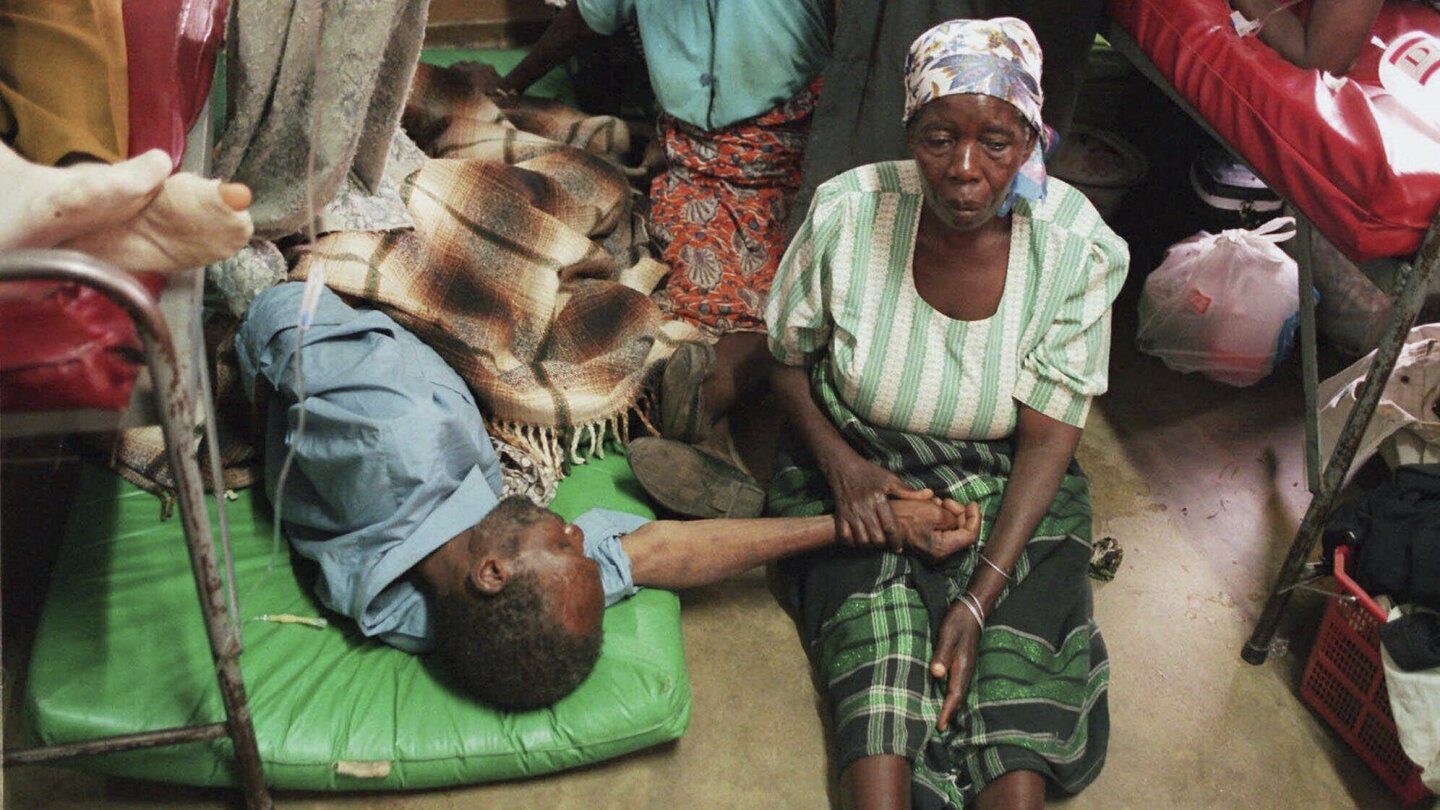
It has been over a generation since AIDS-related fatalities reached their peak. Those tragic losses, resulting from ailments that an otherwise healthy immune system could combat, drove families and advocates to demand governmental intervention. Eventually, the United States responded with the creation of PEPFAR, arguably the most impactful foreign aid initiative in history. Today, while HIV—the virus responsible for AIDS—can be effectively managed, a cure remains elusive.
Currently, the Trump administration has implemented a halt on foreign aid, claiming that it is wasteful, which has resulted in turmoil for a system that has sustained millions of lives for over two decades. Miscommunication about a provisional waiver for PEPFAR—and the challenges in resuming its operations in an environment where U.S. personnel and contractors are experiencing upheaval—leaves many patients unable to access vital medications that control AIDS.
The global effort spearheaded by the U.S. to combat HIV has been remarkably successful, transforming AIDS wards—once filled with patients in rapid decline—into a rare sight. However, health professionals, advocates, and patients are increasingly concerned that this progress could be jeopardized if the Trump administration fails to reconsider its stance or if another global entity does not swiftly fill the impending gap.
According to the U.N. AIDS agency, “In the next five years, we could witness 6.3 million deaths related to AIDS,” as reported by The Associated Press. This alarming figure comes during a time of growing complacency surrounding HIV, coupled with a decline in condom use among certain youth demographics and the emergence of medications that some hope will potentially eradicate AIDS.
The agency has initiated efforts to publicly monitor new HIV infections since the suspension of aid.
The Impact on the Immune System
HIV transmission occurs through bodily fluids, including blood, breast milk, and semen. The virus progressively undermines the immune system, rendering the body susceptible to various diseases, even those that are uncommon in healthy individuals. The alarming rise of such cases in the 1980s alerted health officials to the onset of the AIDS epidemic.
Years of vigorous advocacy, coupled with heart-wrenching images of children and young adults succumbing to pneumonia and other infections, led to the establishment of PEPFAR, the President’s Emergency Plan for AIDS Relief. The initiative arose after the loss of twenty million lives to AIDS. Presently, millions rely on antiviral medications that effectively prevent the progression of HIV within the body.
Ceasing these treatments allows the virus to replicate, potentially leading to drug resistance. HIV can resurge to detectable levels in the bloodstream within weeks, putting sexual partners at risk. Infants born to HIV-positive mothers can avoid infection only if their mothers received proper treatment during pregnancy or if the newborn is treated immediately after birth.
Without ongoing treatment, individuals are inevitably on a path toward AIDS, the final phase of HIV infection.
The Everyday Risk of Infections
The Centers for Disease Control and Prevention states, “Without HIV treatment, individuals with AIDS typically have a life expectancy of about three years.”
Initial symptoms may be absent, but people can easily transmit HIV to others. The immune system becomes increasingly vulnerable to opportunistic diseases.
According to the National Institutes of Health, opportunistic infections can include fungal infections, pneumonia, salmonella, and tuberculosis. In countries like South Africa, which has the highest number of HIV cases globally alongside a significant incidence of TB, the consequences could be catastrophic.
Without HIV treatment, immune dysfunction escalates. The body becomes increasingly incapable of fending off illnesses, necessitating caution in all activities, from dining to traveling, due to possible exposure to pathogens.
Every Moment Matters
For years, the critical importance of adhering to daily medication regimens, ideally at the same time each day, has been highlighted to individuals living with HIV. Unfortunately, this crucial adherence is now jeopardized.
Thousands of U.S.-funded health partners in nations like Kenya and Ethiopia have already been laid off, resulting in significant disruptions in HIV testing, education, care, and support within the regions most supported by PEPFAR. Many clinics across Africa now refuse service to HIV-positive patients.
Addressing the fallout from the Trump administration’s foreign aid freeze, especially during the ongoing 90-day review, and fully understanding the parameters of the PEPFAR waiver will require time—something health professionals argue that many people simply cannot afford.
Furthermore, Winnie Byanyima, head of the U.N. AIDS agency, warned the AP that more resistant strains of the virus may soon emerge.
Additionally, about 3.4 million children risk being orphaned—another reminder of an era when the world battled AIDS with limited resources.
___
Stay updated on coverage at https://apnews.com/hub/us-agency-for-international-development









